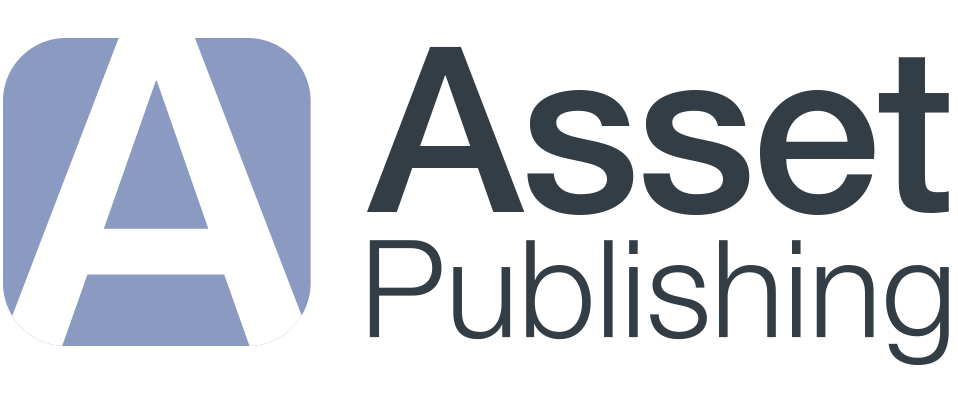South Africa’s average residential rental R9 132 in Q1 2025

South Africa’s residential rental market began 2025 with its best performance in years according to the latest PayProp Rental Index. Average national rental growth reached 5.6% in Q1 2025, the strongest quarterly increase since Q3 2017 and pushing the average rental to R9 132.
Growth peaked in February 2025, which saw a year-on-year increase of 6% – the highest monthly growth recorded since August 2017.
The rise came amid a favourable inflation environment with CPI inflation falling from 3.2% in January and February 2025 to 2.7% in March 2025. The resulting gap between rental growth and inflation – 2.8% in February and March, marks the most significant real-terms rental gain seen in the current growth cycle.
Unlike previous years, Q1 2025 did not bring a seasonal spike in arrears. Instead, the proportion of tenants in arrears edged down slightly to 17%, matching the record low first highlighted by PayProp in Q4 2023.
Some provinces surged ahead in Q1 2025 while others remained stuck in low gear. Limpopo, one of the fastest growing markets, posted a 10.9% increase in rents, just shy of its leading performance in Q4 2024. This brought the province’s average rent to R8 899, extending its lead over Mpumalanga. Meanwhile, the Free State rebounded strongly, more than doubling its Q4 2024 growth rate to 7.6% which pushed the province’s average rent to R7 453, leapfrogging the Eastern Cape.
In contrast, Gauteng and Mpumalanga have hit a few roadblocks. Gauteng’s rental growth slowed further to just 2.9% – its weakest performance in over a year – raising concerns about the province’s ability to hold onto its third place ranking for average rent, currently sitting at R9 201.
Mpumalanga avoided falling into decline despite finishing 2024 with just 0.2% growth, but its 1.1% growth was the lowest in the country, continuing its trend of underperformance. Rents in the province rose by only R91 year on year.
Elsewhere, the Western Cape continued to command the highest average rent in South Africa at R11 285, despite rental growth dipping slightly from Q4 2024’s double-digit figure to a still strong 9.6%. KwaZulu-Natal maintained a steady but below-average growth rate of 4.5%, with its average rent now just R31 behind Gauteng – setting the stage for a possible upset in the rankings. Among those showing signs of improvement, Northern Cape rents rose 3.3% after a sluggish 2024. And while the Eastern Cape saw a modest bounce back to 4.4%, it was not enough to maintain its rent ranking, and this province now holds the second-lowest average rent in the country.
With the stable start to 2025 encouraging and rents rising quickly, it is vital for agents to recheck affordability at lease renewal to make sure tenants can afford escalation, says André van Rooyen, Head of Sales at PayProp, especially with the potential knock-on effect of official inflation figures which could place more pressure on tenants in the coming months.
Nearly 80% of rental agents surveyed in PayProp’s latest State of the Rental Industry report say affordability concerns are driving tenant moves. For now, the average rent-to-income ratio remains manageable at 28.8% (below the commonly recommended maximum of 30%), but landlords of higher-end properties may need to keep pricing strategies in check to avoid limiting their tenant pool too much.
